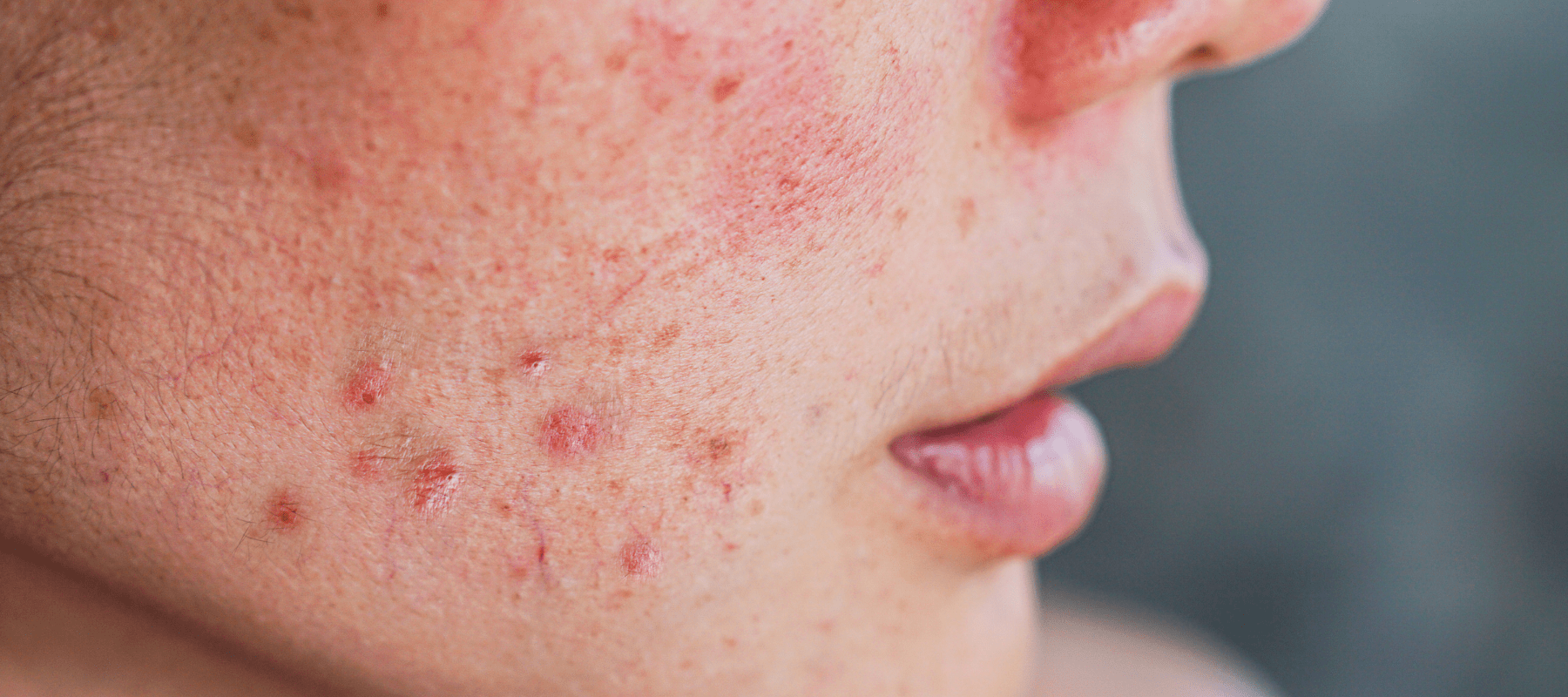
Understanding Acne Nodules: Causes and Treatment
Acne issues affect people all around the globe. Acne outbreaks are not just about regular pimples or blackheads. Nodular acne is the most stubborn of the various acne types! Imagine those painful, inflamed zits lurking under your skin – not a pretty sight. This article will explore the various aspects of acne nodules and offer guidance to treat and prevent them.
What is Nodular Acne?
Nodules on face is no joke – they are the huge, painful, and deep bumps hiding beneath your skin. Nodular acne is stubborn, takes forever to heal, and often leaves scars behind. This is what makes it tough dealing with them!
Nodular Acne Causes
While acne, in general, can be attributed to several factors, nodular acne has some specific causes that contribute to its development. Understanding these underlying causes is crucial in devising effective treatment strategies.
Excess Sebum Production
Sebum is the oil produced by skin to keep it moisturized and protected. However, excessive sebum production can clog hair follicles, leading to the formation of acne lesions, including nodules.
Bacterial Overgrowth
Certain bacteria, like Propionibacterium acnes, worsen comedonal acne by clogging follicles and causing inflammation.
The Best Treatments for Nodular Acne
Dealing with nodular acne requires a comprehensive approach involving both topical and systemic nodule acne treatments. It is essential to consult a dermatologist for personalized recommendations based on the severity of the condition and individual health considerations.
Topical Treatments
Managing acne is a real agony, but topical medicines can be a game-changer! They work wonders, particularly with elements like benzoyl peroxide, antibiotics, and retinoids. Benzoyl peroxide fights acne-inducing microorganisms, clears up congested pores, and regulates greasy skin. Antibiotics are all about tackling bacteria and inflammation, while retinoids keep your skin cells in check, prevent clogged pores, and reduce future outbreaks.
Oral Medications
In cases of severe and persistent acne, when conventional treatments have proven inadequate, dermatologists often turn to more advanced measures like oral antibiotics or hormonal treatments. These therapeutic options present valuable alternatives to address the underlying causes of stubborn acne and can bring significant relief to patients battling this distressing condition.
Isotretinoin
Isotretinoin stands as a potent and effective measure for tackling harsh cystic acne that stubbornly resists previous treatment attempts. This powerful chemical holds the potential to deliver remarkable results where other remedies may have fallen short.
Intralesional Corticosteroid Injections
Dermatologists may administer corticosteroid injections directly into the nodules to reduce inflammation and promote faster healing. This treatment is particularly beneficial for people who wish to see a rapid improvement in painful nodules.
Lifestyle Changes
In addition to medical interventions, certain lifestyle changes can complement the treatment of nodular cystic acne:
1. Proper Skincare
Taking proper care of your skin is important for an active glow. Opt for mild skincare products that won't choke your pores or lead to breakouts. Seek non-comedogenic products which won't block your pores. Also, avoid aggressive cleaning or utilizing severe chemicals, as it can upset your skin. Be kind to your skin, and it will be compassionate to you!
Also read: Summer Skin Care Routine: Tips for a Healthy Summer Skin
2. Diet
You know what they say, you are what you eat! Certain foods can promote or diminish acne breakouts. Make sure your meal has an abundance of fruits and vegetables. If you think the food doesn't suit your skin, try cutting it out briefly and notice if it helps.
3.Stress Management
Life can be rather turbulent sometimes, and stress can ruin your skin. You might observe more pimples popping up when you're feeling beaten. That's why it's critical to find practices to deal with stress. Take some time for yourself and do stuff that calms you, whether it's mindfulness or yoga. Remember, it's all about finding what works right for you. Skincare and blemishes can be different for individuals, so don't be afraid to explore moderately to figure out what makes your skin healthy.
Also read: Nodular Acne: Causes, Symptoms, and Treatment Options
Conclusion
Nodular acne can be an emotionally and physically challenging condition to manage. Understanding its underlying causes and seeking appropriate treatments is crucial in successfully combating this severe form of acne.
The Pink Foundry's Acne Care & Healing Moisturiser is specifically formulated to deliver deep moisture and support skin healing. It efficiently infiltrates pores, exfoliates, and balances the skin, boosting a clear and beaming complexion free from breakouts. Infused with beneficial elements like niacinamide and tea tree extracts, it suits those with blemish-prone skin.
The quick-absorbing formula not only provides hydration but also speeds up acne recovery, manages surplus oil, refines skin quality, and clears pores. Its trifling, non-greasy nature strengthens the skin's defensive barrier, resulting in milder, more placid, and perfectly nourished skin.
FAQs
1. What is nodular acne?
Severe, painful acne characterized by large, inflamed bumps under the skin's surface.
2. What are the nodular acne causes?
Excess sebum, bacteria, hormonal imbalances, and genetics contribute to nodular acne development.
3. What are the nodular acne treatments?
Topical retinoids, oral antibiotics, and isotretinoin are common treatments for nodular acne.
4. Are there lifestyle changes to help with nodular acne?
Yes, maintaining proper skincare, a balanced diet and stress management can aid treatment.
5. Can I treat nodular acne at home?
Mild cases may benefit from over-the-counter treatments, but severe cases require medical attention.






















































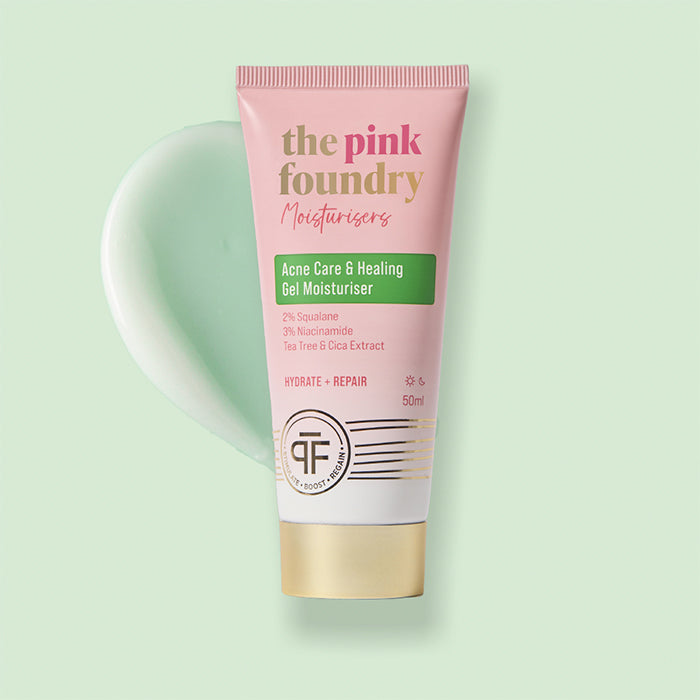
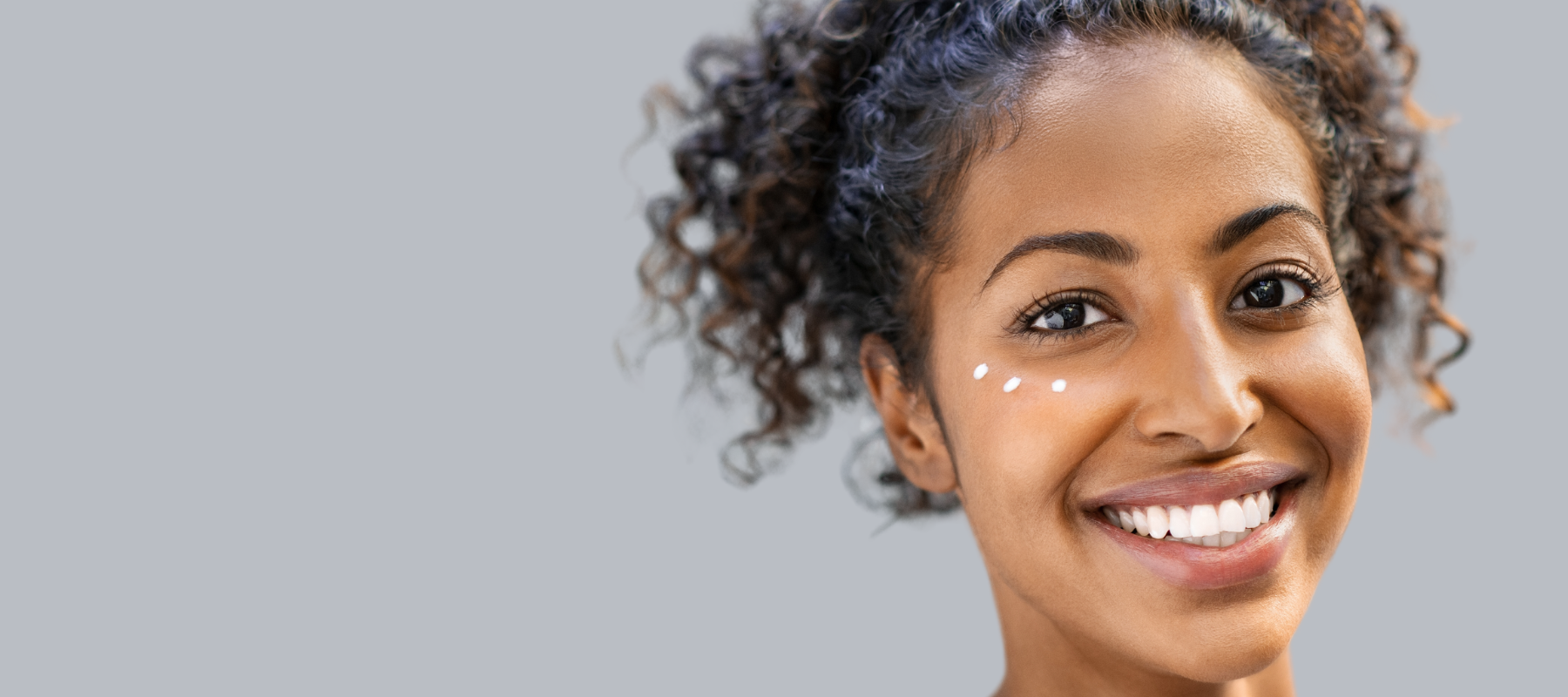
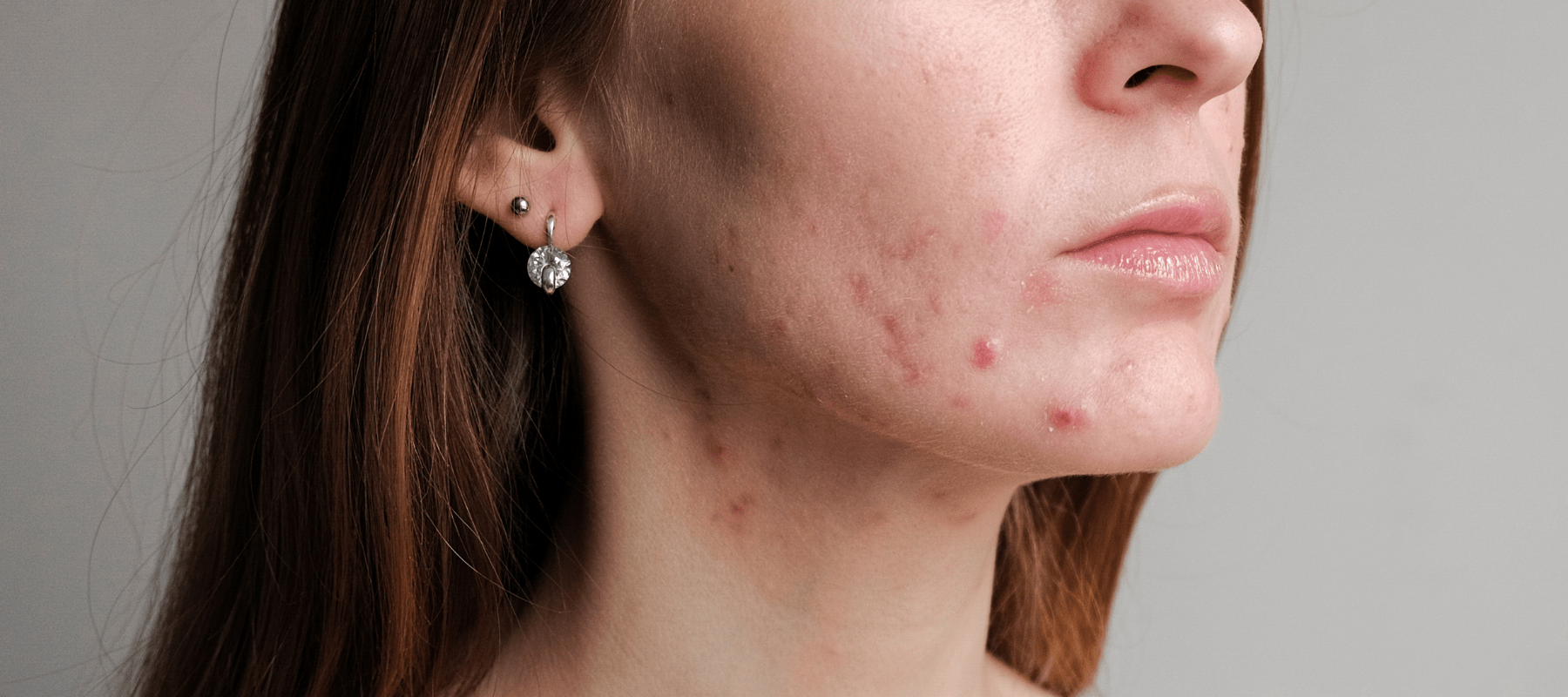
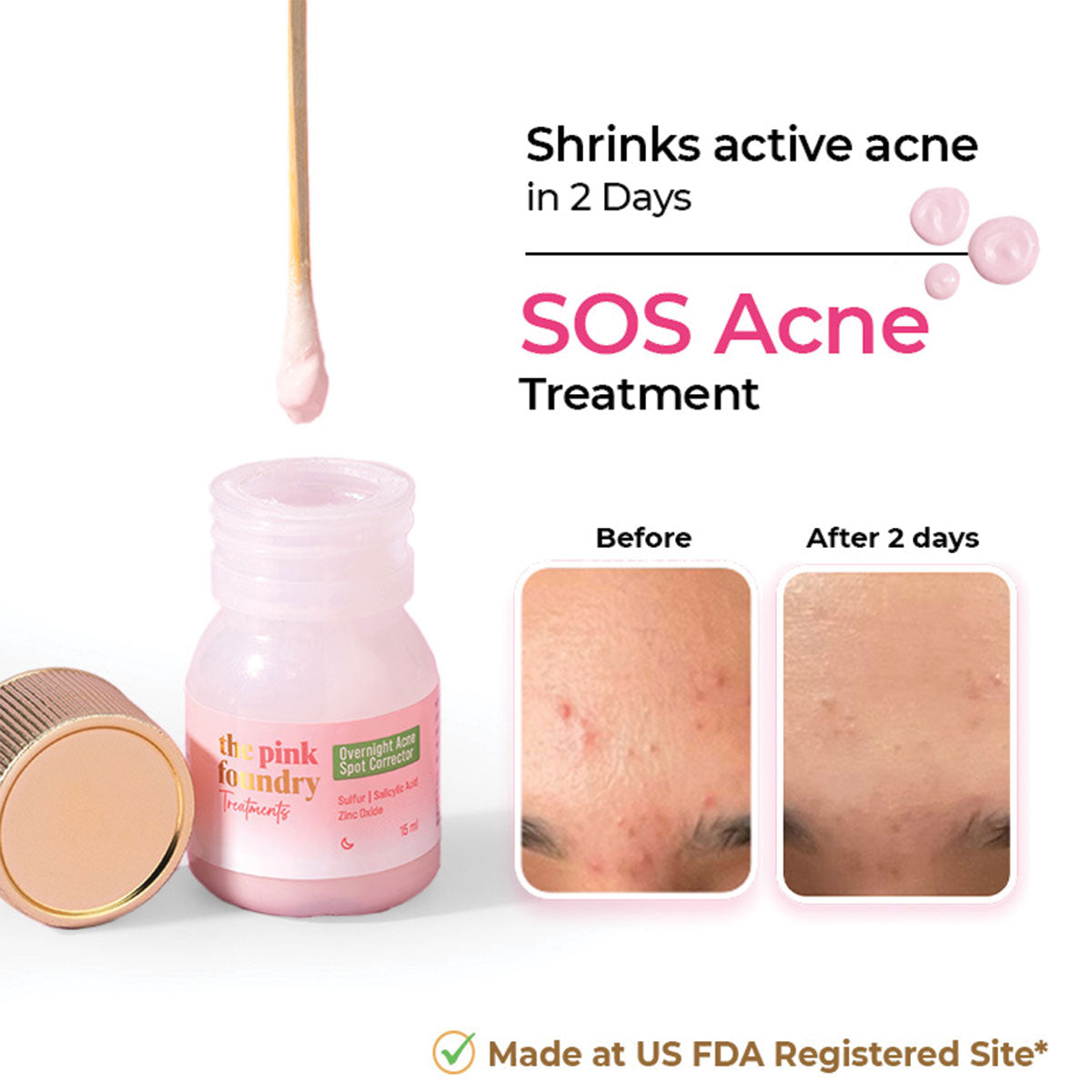
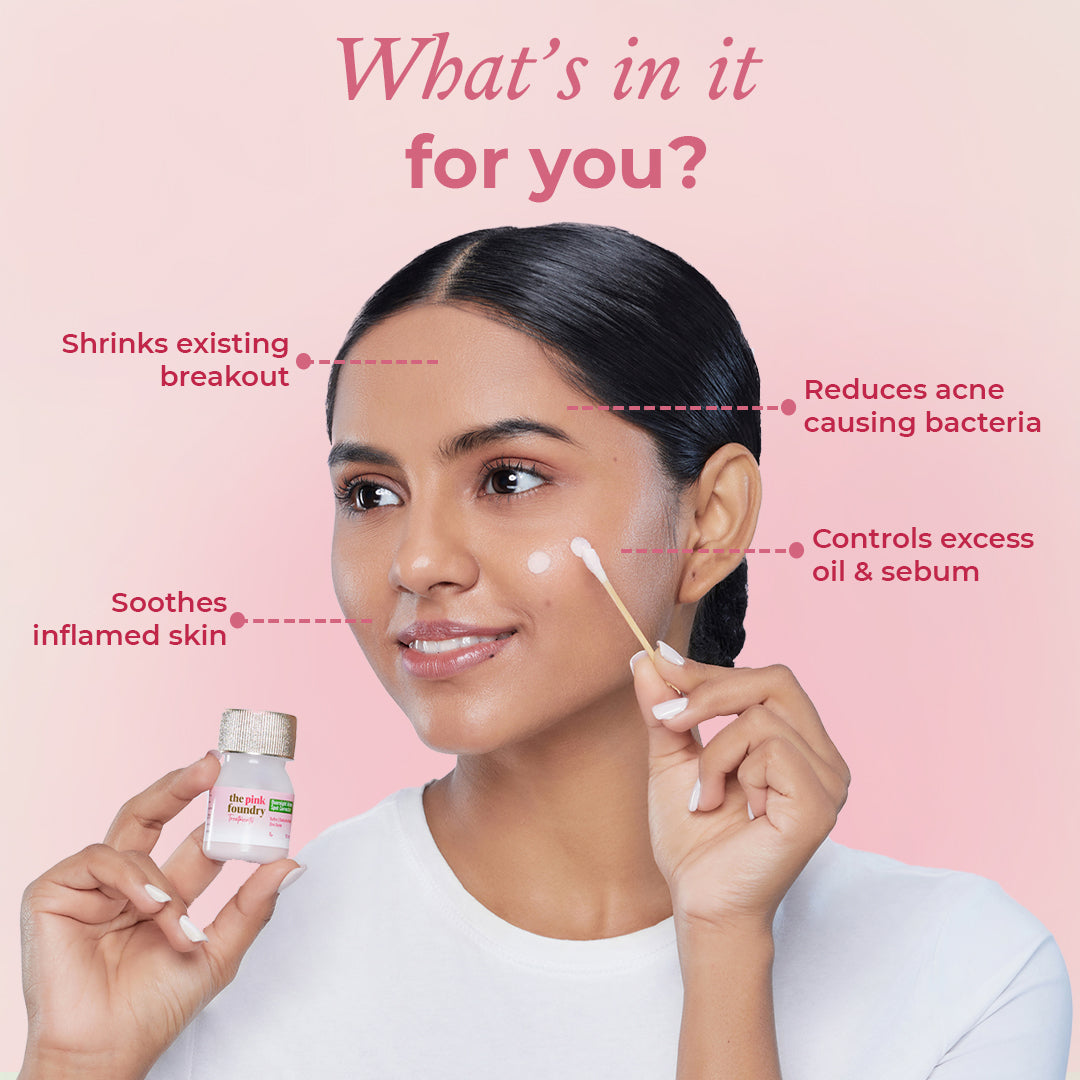


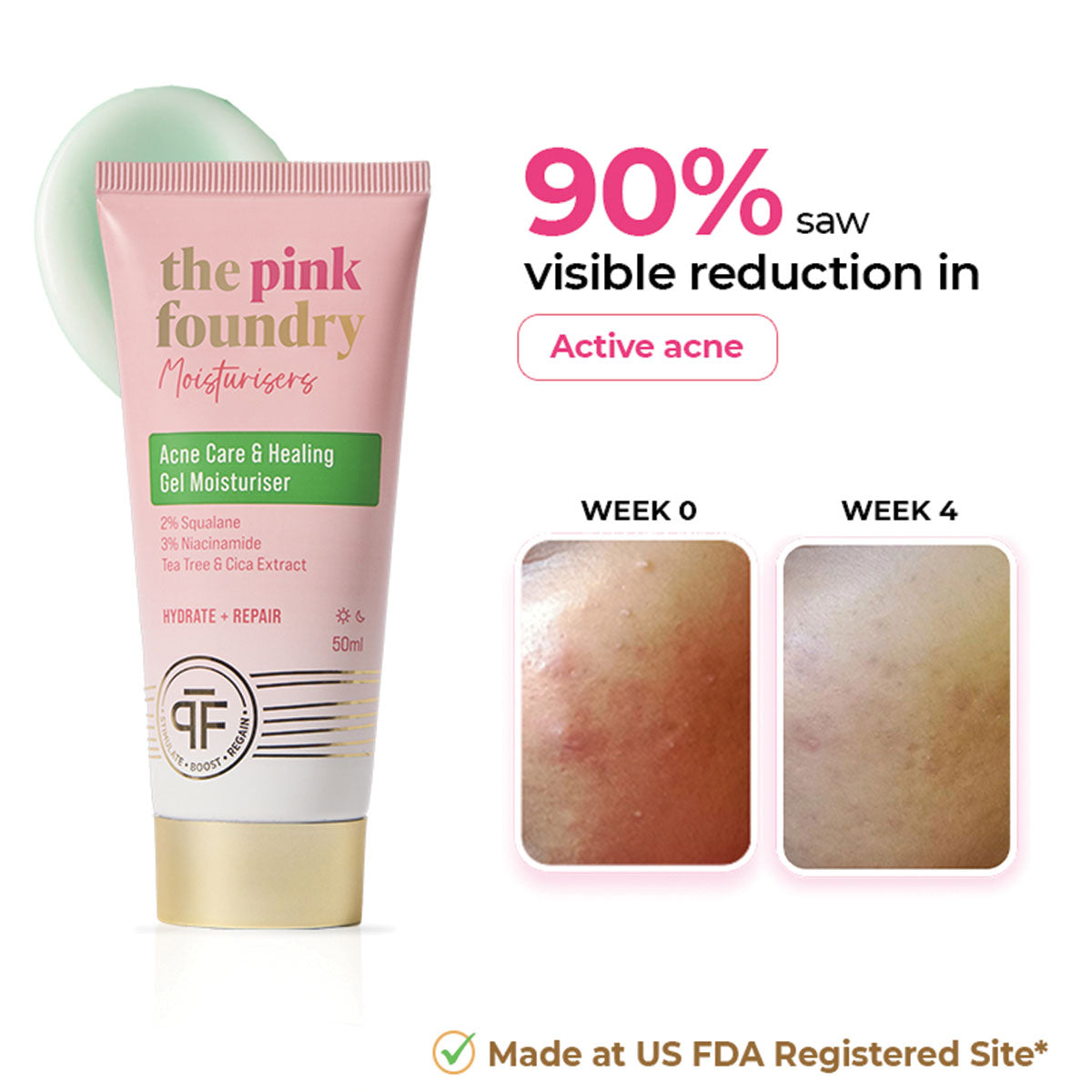
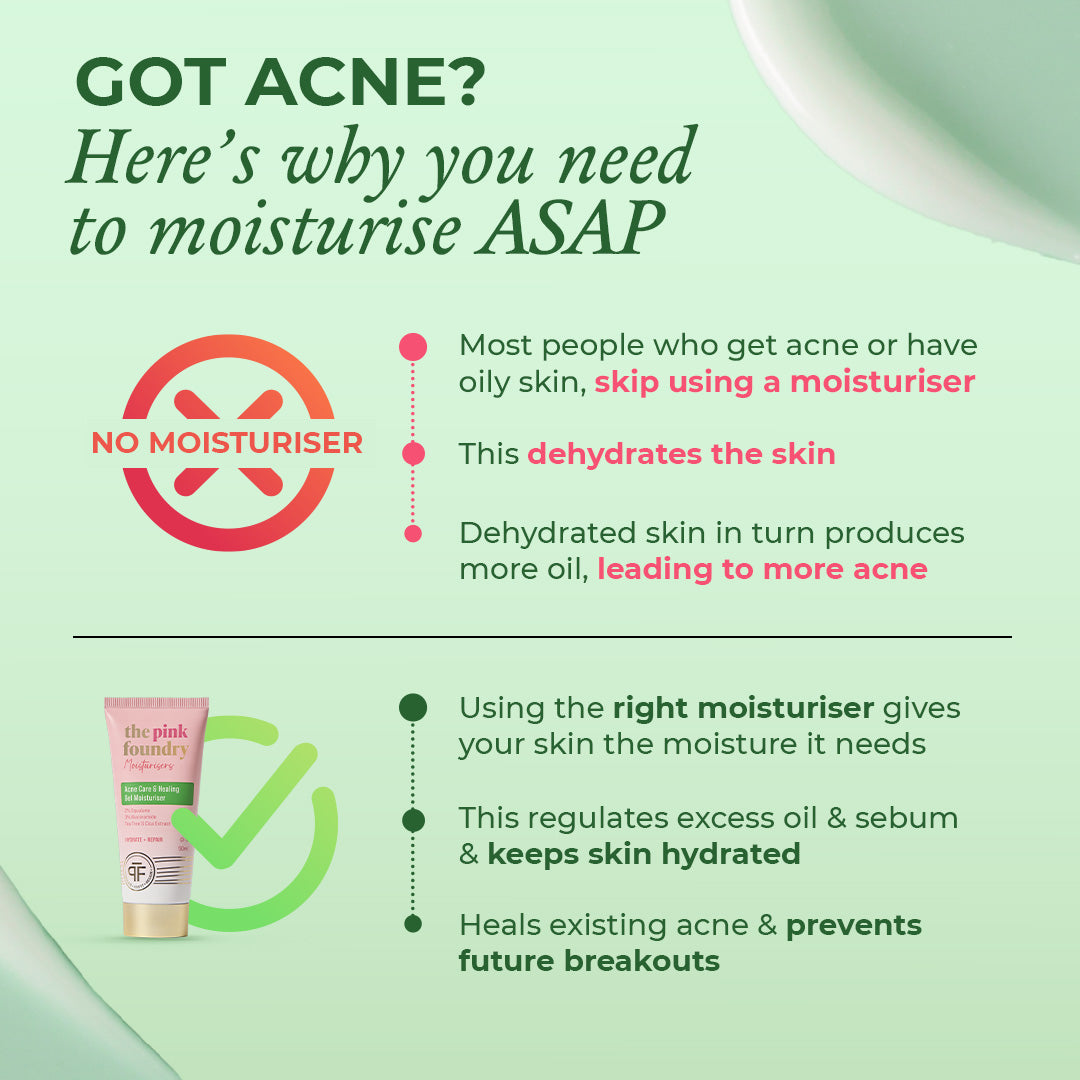










Leave a comment
This site is protected by hCaptcha and the hCaptcha Privacy Policy and Terms of Service apply.